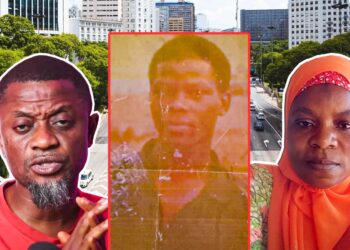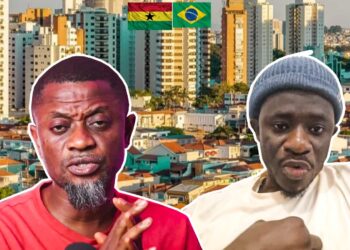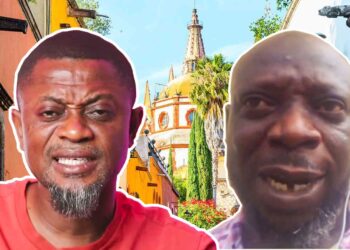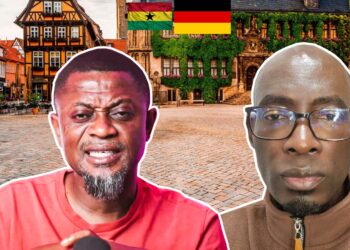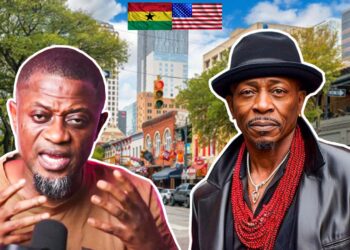Prince Aka Dolla Boy: From Kotoko Striker to California — How Football, Injury and Love Took Him from Kumasi to the U.S.
Prince Aka Dolla Boy is a Ghanaian now based in California, he has recounted a winding life journey that began on the pitches of Ghana and led him across South Africa, Thailand, Turkey, Holland aund finally to America. Once nicknamed the “soccer machine” for his attacking prowess, he says football was the centre of his life in Ghana until injuries and circumstances pushed him to reinvent himself abroad.
Born and raised in Ghana, Dolla Boy first made a name for himself playing for local clubs and later competing in the Kotoko Premier League. His performances earned him moves overseas — a path many young Ghanaian players dream of. He played in South Africa, returned to Ghana, then had stints in Thailand, Turkey and Holland. In Turkey he played for a couple of teams and felt his career gaining traction before a series of injuries forced him to step away from professional football.
The decision to leave Turkey was influenced by more than just sport. Dolla Boy says a relationship changed the course of his life: his American girlfriend brought him to the United States, and after settling there he transitioned away from football. He has now lived in America for about ten years and spent a period based in Atlanta before moving to California.
In the U.S., he took non-football work — including a job at Atlanta airport — while networking with people in the music industry. A chance meeting with an American rapper shifted his focus toward music. He recalls how his then-girlfriend, who was supportive and generous, even bought him a Mercedes-Benz when he first arrived, a gesture he says helped him start fresh.
Dolla Boy is candid about the ups and downs of his earlier life. He admits that when money came he sometimes fell into the trappings that derailed many young athletes: partying, alcohol, weed and friendships that didn’t always encourage discipline. He says some friends at clubs hindered his football progress and that his behavior sometimes disappointed his parents, who had hoped he would focus on his sport.
He also contrasts life in different countries. While praising America for opportunities and support for Black people, he is critical of what he saw in some other places — claiming that access to healthcare and fair treatment for Black immigrants could be limited. He says those differences influenced his decision to make the U.S. his long-term base, and he visits Ghana frequently to stay connected.
Dolla Boy gives a sober reminder about choices and consequences. He speaks of violence among youth and recounts a tragic episode when his best friend was reportedly shot; a girlfriend was involved, and the incident left deep scars on his social circle. He frames such events as warnings about the dangers that can surround young men when discipline and direction are lost.
Today, Dolla Boy says he is focused on music, supporting friends and family, and using the lessons from his playing days and his mistakes abroad. He remains proud of his roots — visiting Ghana often — and still sees football as a defining chapter of his life, even if the sport no longer anchors his daily routine.
His story is one of talent, travel, setback and reinvention: a reminder that many Ghanaian athletes’ paths are rarely linear, and that success abroad often comes after sacrifice and hard-earned change.


